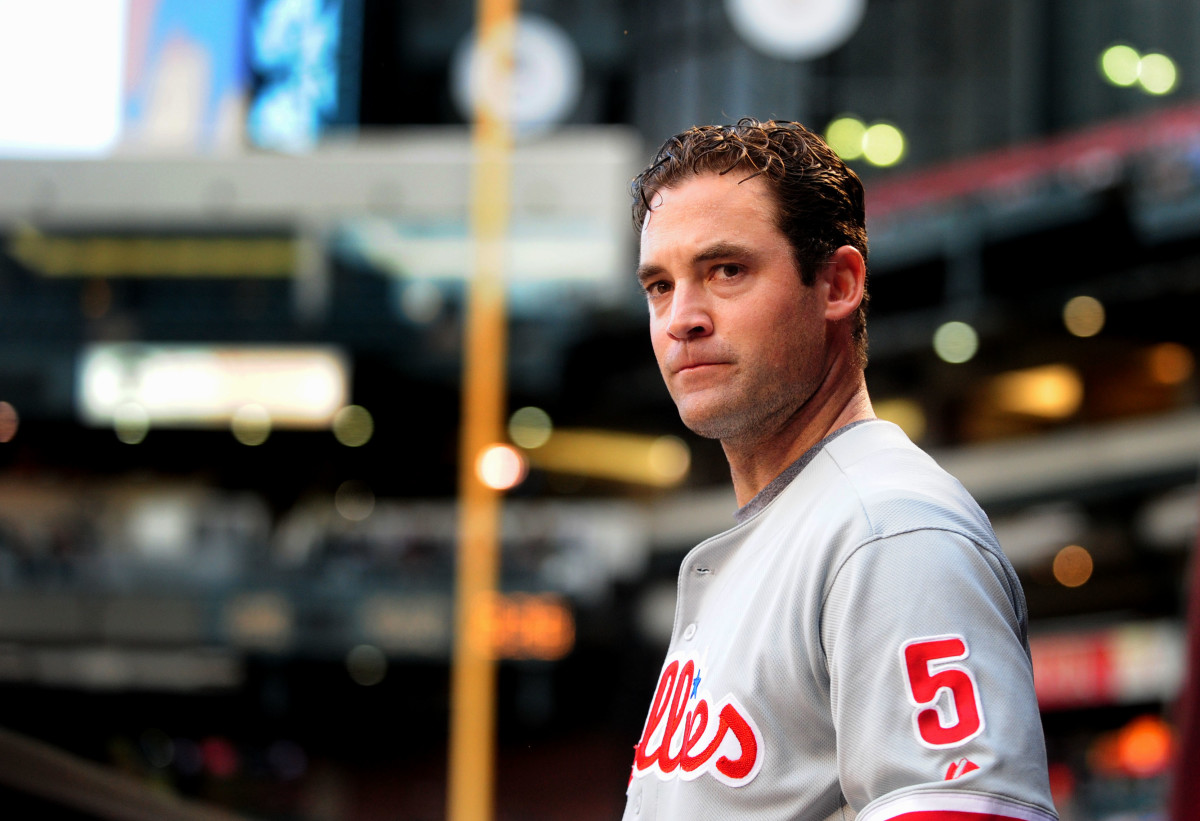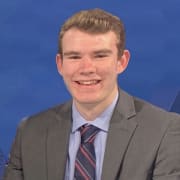Phillies Legends: Pat Burrell

In 1998, the Philadelphia Phillies were a struggling franchise. They have had just one winning season since 1986 and were coming off a last place finish in the division the season before. To make matters worse, their first round (number two overall) draft pick from ‘97, J.D. Drew, refused to sign with the Phillies because the team did not meet his contract expectations.
Nothing seemed to be going the Phillies way, and they desperately needed to turn around their misfortunes. With the first overall pick in the ‘98 draft, the Phillies selected Pat Burrell, who was coming off of one of the greatest baseball careers that the University of Miami had ever seen.
Burrell spent a couple seasons in the Minor Leagues and while he was hitting .333 with the Reading Phillies, he was also splitting time defensively between first base and left field to expand his versatility.
Before long, Burrell received the call up to the Big Leagues and he debuted on May 24, 2000 in Houston. In his first ever game, Burrell hit a go-ahead triple in the ninth to cap off a 7-run comeback against the Astros. The following night, Burrell smacked his first career home run and he became the talk of the town.
The Phillies went on to finish last place in the NL East that season, but Burrell would give fans something to root for on a daily basis. His power at the plate would make him a fan favorite, and he ultimately finished the season in fourth place for Rookie of the Year voting.

Burrell continued to elevate his game in 2001 and in 2002, he had his best career season. He didn’t only belt 37 homers, he also batted a career high .282 while putting up 100 RBIs by August. Burrell was well on his way to stardom, but a rough season in 2003 would bring his name back to Earth. He rebounded nicely in ‘04, despite missing some time due to a wrist injury.
Skipping ahead a few seasons to 2007, Burrell was a veteran centerpiece on a strong Phillies lineup that included the likes of Chase Utley, Jimmy Rollins, Ryan Howard, and Shane Victorino. That year, Burrell became just the third player in Phillies history to hit 20 or more home runs in seven consecutive seasons (joining Mike Schmidt and Bobby Abreu). That same season he recorded both his 200th home run and 1,000th career hit while being the longest tenured Phillie.
Thanks to Burrell and the group of young superstars, the Phillies were ultimately able to win the division in 2007 for the first time since 1993. They didn’t get far in the playoffs after being swept by the Rockies in the NLDS, but that left Burrell and the Phillies hungry for even more success.
As every Phillies fan knows, that success would come the following season. 2008 was the last year on Burrell’s contract, but despite the uncertainty of the future he still hit 33 bombs while seeing just a slight decline in his overall production.
The Phillies were one of the top teams in baseball all year long, and found themselves to win the division for the second year in a row. In the NLDS, Burrell got off to a slow start going 0-8 at the plate in the first three games. In Game 4, however, Burrell crushed two balls into the outfield seats and helped secure the Phillies 6-2 victory that would send them to the National League Championship Series.
Burrell batted .333 in that NLCS with three RBIs that included a go-ahead home run in Game 1 that gave the Phillies a 3-2 victory. The Phillies advanced to the World Series and Burrell struggled at the plate going 1-14. However, the one hit was a double in Game 5 and his pinch-runner, Eric Bruntlett, would score the game-winning run that secured the World Series victory for the Phillies.
That would be Burrell’s last season in a Phillies uniform. He played nine years in Philadelphia while collecting 827 RBI, 655 runs scored, 1,166 hits, and 251 homers. His playing days continued with short stints in Tampa Bay and even winning a second World Series with San Francisco. He ultimately retired from the game in 2011 as one of the great sluggers of the early 2000s.
Pat Burrell was the catalyst for the Phillies dominant stretch in the early 2000s. He was a beloved figure in the city of Philadelphia and will always be remembered for his monster home runs, clutch moments, and bringing the Phillies their second ever World Series victory.
